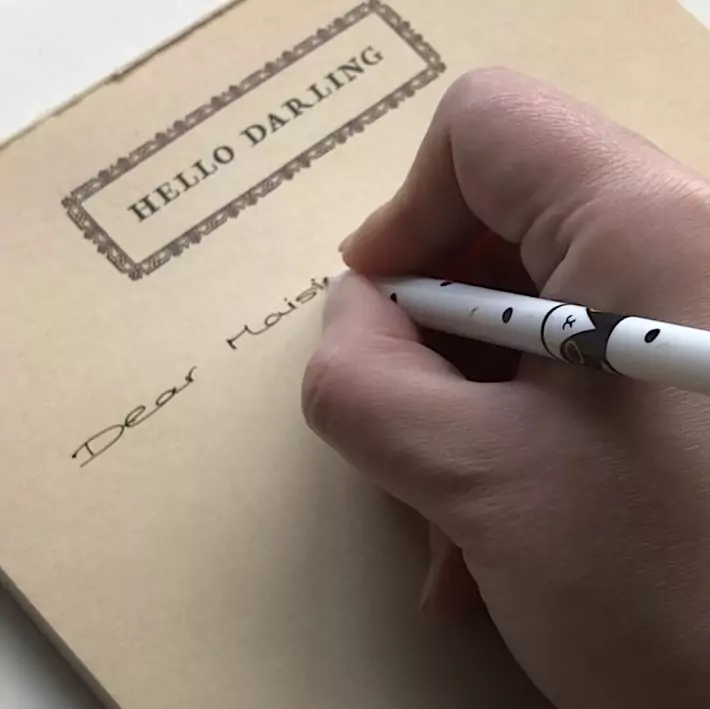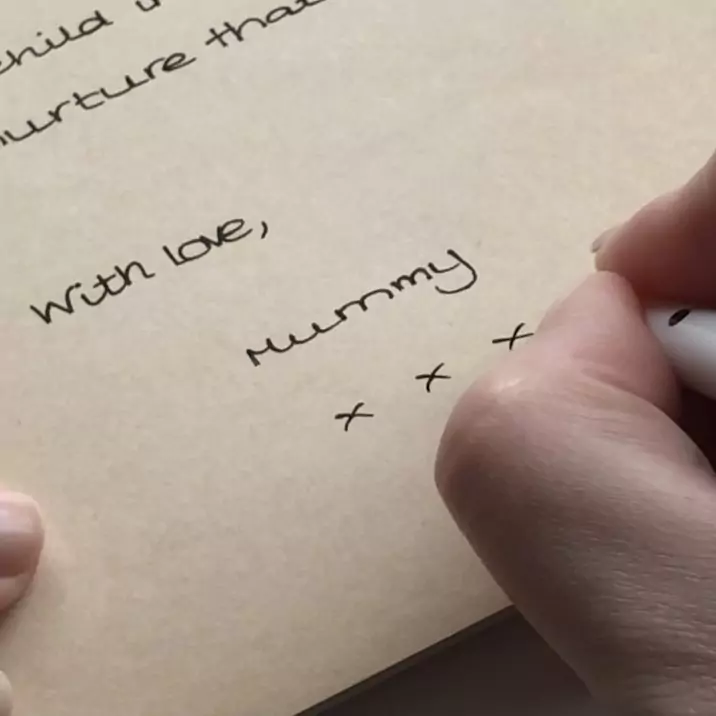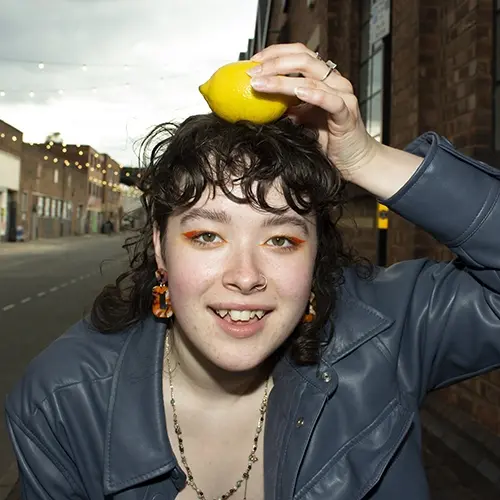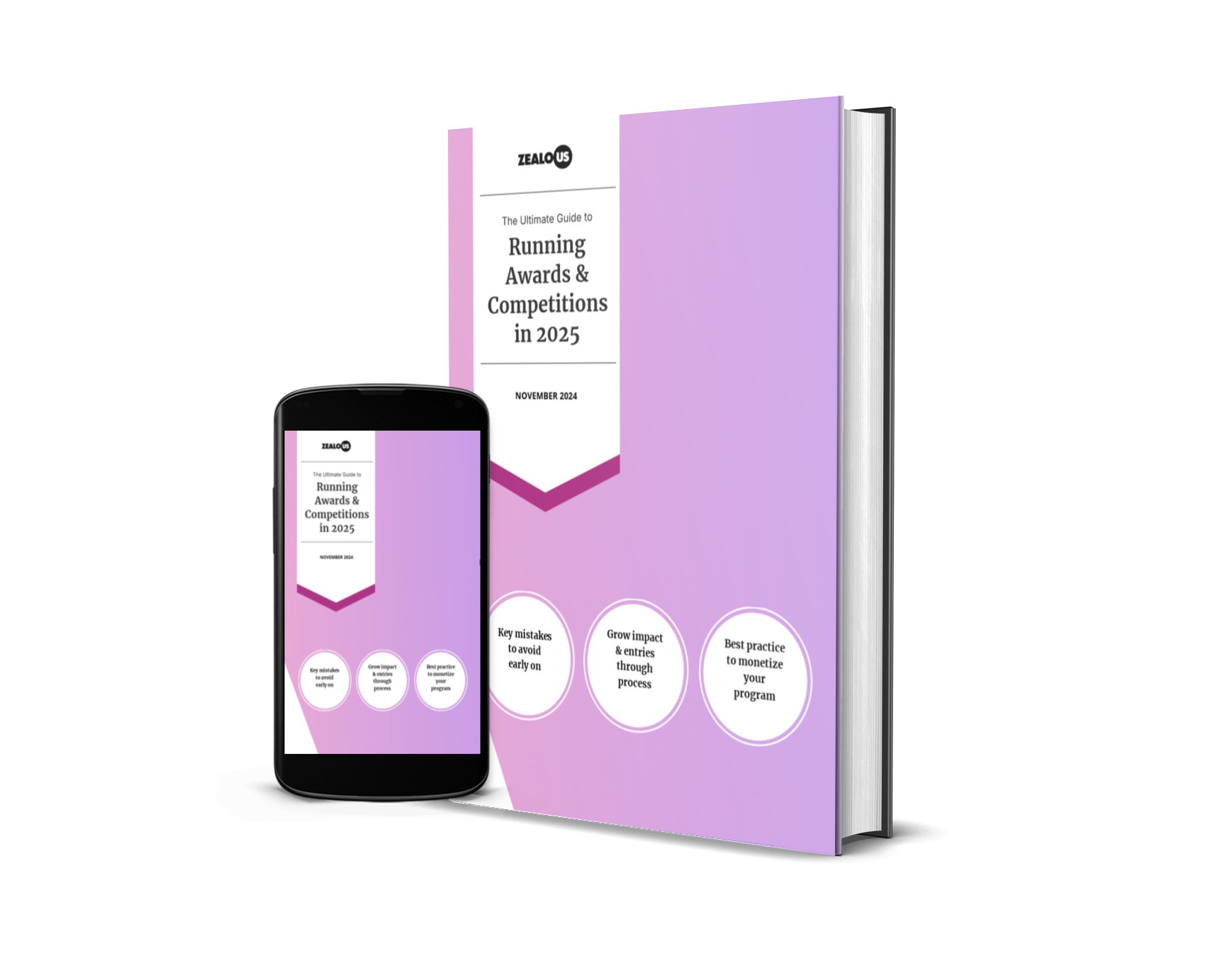
Congratulations winning the Public Vote for Zealous Amplify: Mental Health and Wellbeing! What is currently on your mind?
I’d love to say thank you to the Zealous team for providing such a great opportunity and creating important dialogue around mental health and wellbeing. I’ve been thinking a lot about connection.
Being chronically ill can be lonely and isolating. However, sharing my story has helped to create stronger bonds with existing friends and family, other patients, incredible creatives and even strangers. My work has encouraged others to share their personal stories and I feel so honoured that I’ve been able to offer them that outlet and learn about the difficult journeys they’ve experienced.
I really connected with Andy’s work “The Shortest of Moments” – I guess the themes of our pieces weren’t a million miles apart. His installation was so moving and haunting and he conveyed the reliving of memories of his late son Edward so effectively. I’d love to see it live somewhere to really experience the impact of the light and sound. Anita Clipston’s “Held in Grief” was really special too. Turning trauma into art is such a vulnerable process and should be thoroughly commended, especially when it’s executed so brilliantly. I just can’t believe the standard of all the submissions, and I feel really proud to have had my work exhibited alongside them. A huge congratulations and thank you to everyone involved!
Your winning entry, ‘Unborn’, is an artistic poetry recital which addresses the physical & psychological battles that disabled people face, highlighting areas which are often stigmatised. How did it feel to explore such a difficult and personal idea?
Writing the piece was a really cathartic process. This year, I had my first positive interaction with an endometriosis specialist and suddenly, in a PTSD-like way, all of the bad experiences I’d had as a result of being ill for so long came flooding back and I had to put them down on paper. The content came so naturally but it felt almost like an out-of-body experience, as though the person who went through all of this trauma wasn’t me. The weird part was that I was viewing myself as though I was any child living through an experience like mine. It sounds dissociated but I actually felt more connected as I find it far easier to care for other people than for myself. I realised I had to share the most difficult, flawed, and vulnerable parts of me to help raise awareness and stop other people from feeling alone or like less of a person.
Considering the delivery was tricky. Reciting the poem helped make it more relatable, I believe. I didn’t want for it to be over-performed. I tried to settle for an authentic and honest approach.
Sharing the work, however, gave me anxiety. It made me feel more fragile and putting myself and my journey out there so candidly for the world to see was hard. I felt I was presenting myself as undateable, unemployable, and pessimistic. I imagine viewers were just as uncomfortable watching it, as I was sharing it, but ultimately, I think there is value in that. There is nothing comfortable about endometriosis, after all. It was just so important for me to offer an accurate account for the sake of other people who are struggling silently in all of the same ways. I’m coming to terms with my own circumstances, and I guess other people’s acceptance shouldn’t be important, but I was lucky to have such a supportive and positive response to the poem and I felt really understood and validated.
The poem takes the form of a letter, written to your imagined, unborn daughter, Maisie. The end of every line rhymes with “Maisie”. What informed this artistic choice?
I decided on this construct to emphasise that Maisie would’ve been the centre of everything, given the opportunity. I just always thought I would be a mum; no one tells you that isn’t a given when you’re growing up. My aim was to produce a rhythm when the words were spoken to give the poem the kind of momentum, which I hoped would continue on some larger scale beyond the poem being read. The intentionally repetitive cadence also helps to reflect the relentlessness of an endometriosis patient’s battle. I address both the viewer and Maisie as “you” interchangeably throughout the poem to demonstrate the realisation that the only nurturing, maternal role I’m likely to play is to people who aren’t my biological children because “there is a child inside of everybody.” In essence, the viewer becomes Maisie.
You talk quite openly about your experience with endometriosis. Do you think that being open with experiences like this can help to remove the stigma?
I think if we are to remove stigma, we need to generate better understanding. Understanding can result from open and honest discussion and such conversations can be limited when subjects are considered taboo. I want to normalise talking about difficult topics like menstrual and mental health. They are simply human experiences. Everyone has lived through something hard, and I don’t want people suffering in silence out of a fear of being judged or shamed. I think openness breeds openness; “be so completely yourself that everyone else feels safe to be themselves too.”
The medical field is unfortunately rooted in sexism so raising awareness of reproductive health conditions like endometriosis, adenomyosis, polycystic ovary syndrome and premenstrual dysphoric disorder is really important.
People are very dismissive of endometriosis because they regard it as purely a painful period. Patients are frequently told they’re fine and criticised for being dramatic. I wanted to demonstrate it is so much more than a bad period, which is actually why I never outright mentioned the word “period” in the poem. I can’t imagine a child coming to me and telling me they’re in pain or unwell and my effectively telling them they’re fine, normal, making it up, or that they should go away. This is the part that upsets me the most and I believe it results from stigma; it takes great courage to speak up and reach out but then patients aren’t believed by their families, peers, teachers and doctors when they fail to get an accurate diagnosis and the disease is invisible. When your reality is denied, it brings a whole new level of suffering. The collection of symptoms should be easy to recognise as endometriosis. I think because I’m such an optimistic, resilient and determined individual, people have been shocked to learn the full extent of the disease and to see me express the situation in such a dark way.
We live in a society where we become defined by the material and superficial – what job you have, how much you earn, what you own, or how you look. When you’re chronically ill, all of these things are typically stripped away, which can lead to a battle with your own identity but ultimately the realisation that none of those things ever truly defined your self-worth anyway. You begin to look inside yourself and it’s a growth process that is rewarding and that many people would actually benefit from going through. It’s liberating to live authentically and yet stigma can prevent us from doing so.
What would you like to say to someone who is going through the same struggles as you are?
Persistence is absolutely key with endometriosis and any health concern to be honest. Especially if your situation is complex and invisible, you’re likely to be dismissed and ignored relentlessly. My advice would be just to keep going. Even if you have to change doctor dozens of times, don’t feel stupid or embarrassed. Keep persisting until someone believes you, takes you seriously or is willing to run the appropriate diagnostic tests. You’re going to have to do your own research and be your own advocate, unfortunately, and the sooner you realise this, the better.
With endometriosis, it’s really important to find a BSGE endometriosis specialist. Your average gynecologist won’t be experienced in excision surgery, which is considered the gold standard. However, because endometriosis is so under-researched and under-funded, even the best specialists will have their limitations. There aren’t enough of them, for starters. Bear in mind there are multiple causes of pelvic pain (urinary tract infections, pelvic inflammatory disease, adenomyosis, fibroids, etc.) and tests can come back with false negatives. A pelvic MRI can be really helpful but frequently endometriosis will not be detected on ultrasound or MRI. This fact doesn’t mean you don’t have it. A laparoscopy is currently the only way to receive a definitive diagnosis. Do your own research about treatments and talk to other patients about their experiences. Don’t feel pressured into any treatment with which you’re not comfortable. Also, cut out chemicals (cosmetics, cleaning products, etc.) and replace them with safer, natural alternatives. In my opinion, reducing your toxic load is the single, best thing you can do for your body as chemicals are well-known endocrine disruptors.
Self-belief is really important when you’re being dismissed and gaslit. Find a supportive community who will validate and back you and remind you that you’re going to be ok and you’re not alone.
Overall, the main message should be for the people who don’t have endometriosis. The world would be a much kinder place if it didn’t negate, judge and shame. There’s no harm in just giving someone the benefit of the doubt when they tell you they’re hurting. Just because you may not understand something, it doesn’t mean a person’s struggle isn’t real. “I believe you,” is enough to change someone’s entire experience.

What does self-care look like to you?
Despite the depressing nature of my poetry, day-to-day I like to keep things light. I don’t mean toxic positivity; I’m a great believer in feeling things just as they are, the good and the bad. All feelings are valid. However, I cherish any opportunity for a smile and a laugh because it truly is the best medicine. As Charles Dickens said in “A Christmas Carol,” “There is nothing in the world so irresistibly contagious as laughter and good humour.” I enjoy journaling funny happenings so that I can look back on them too. I like to do daily affirmations to keep my self-talk positive and mindfulness techniques help me to stay in the present moment. The little things are important to me; being out in nature, gentle movement, breathing exercises, music and singing support my mental health. I really value healthy routines, but they become hard when you’re ill; if possible, having a consistent sleeping pattern and regular, nourishing meals is really helpful.
Personal development is important to me too; I’ve spent a lot of time learning about attachment theory, acknowledging and fulfilling my own needs and establishing healthy boundaries. It’s been a great lesson in self-preservation. I like to give myself permission to rest, always strive for peace and practice gratitude and forgiveness. I think believing in yourself and letting go of judgement are life changing. Whilst it’s important to acknowledge negative emotions, I try not to sit with them for too long. Of course, we must remember that our physical and mental health are inextricably linked.
You can find more of Lucy’s work on her Instagram.
Let us know you want us to write more content like this with a love!
Share
Authors







